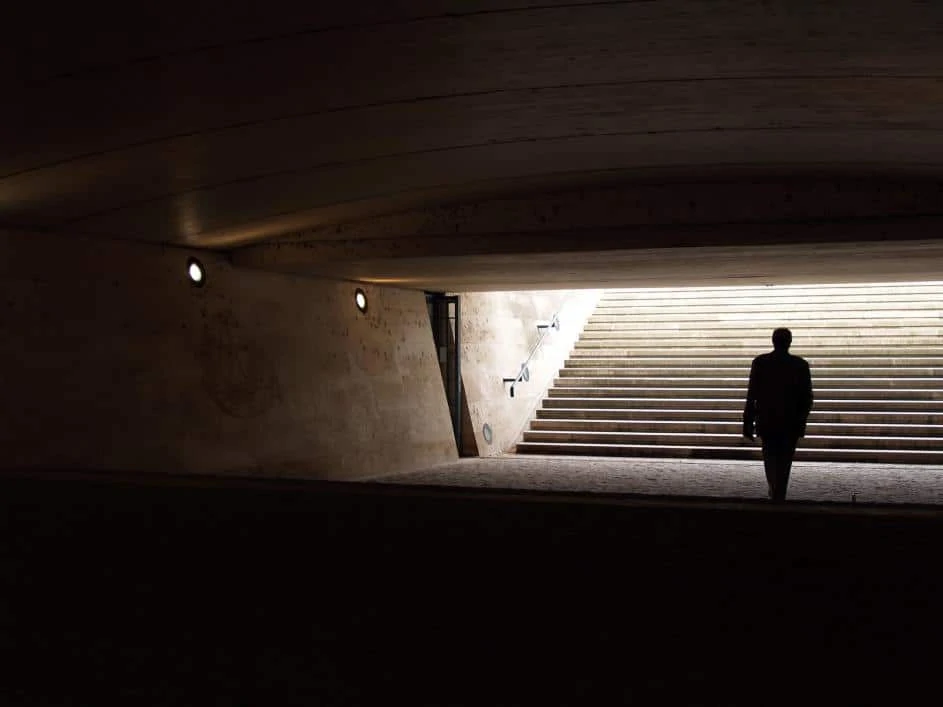
Are You Setting Yourself Up for Relapse?
Addiction, also known as a substance use disorder, is a disease that can be insidious and powerful. For many people, relapse is a part of their recovery journey. But it doesn’t have to be that way.
The symptoms of relapse are not usually so apparent to people who suffer from it, and it takes a lot of work for a previously addicted person to get and stay clean. Living with everyday stress is a fact of life. People in recovery must find new coping skills and behaviors to help them avoid using drugs and alcohol again. But sometimes, old behavior patterns start to appear in life slowly but surely.
Relapse Warning Signs
When a person starts to enter the relapse process, there’s enough time for recognition that they need to change their behavior. Here are some of the warning signs that somebody is heading towards a relapse:
- They stop following their recovery program. That means they don’t do the things they’ve been doing to help them stay clean. For example, no longer calling a sponsor or going to 12-step meetings.
- They’re complacent and not motivated to do things that help their recovery.
- They’re negative about almost everything and unwilling to try to recover their positivity.
- Not working on themselves. A person doesn’t recover by getting clean alone – there’s work to be done.
- Giving into relapse triggers, such as hanging out with using friends, visiting places dangerous to recovery, or other unhealthy behaviors.
- Feeling like their emotions are out of control. Everyone in recovery copes with various feelings, but if you’re not working your program, emotions can overwhelm and cause a desire to use.
- Holding resentments. Anger is natural, but bitterness can consume you until you’re confused and full of rage. Don’t let it take over your life. Talk to somebody about your feelings.
- Keeping secrets. Secrets can cause guilt, pain, and shame when you’re in recovery. If you’ve done something you think should remain a secret, be transparent – tell your support network.
These are just a few things that can lead to relapse. The most significant message is that if you’re feeling bad, engaging in behavior that makes you feel bad, or otherwise feel “off,” hightail it to a meeting or call your sponsor. Nobody is perfect, but that’s not a reason to use.
Recovery is a journey, not a destination, and that’s good news. So do your best to stay the course and make sure you use the support that’s available to you.
Support Prevents Relapse
If you relapse, that doesn’t mean you’ve failed. Relapse is a part of many peoples’ stories – but it doesn’t have to be.
Find a stable support system and live with people who understand and support your recovery.
Learn more about sober housing options through our directory or call us at 760-216-2077. We’re happy to answer any questions.
Categories
San Diego


